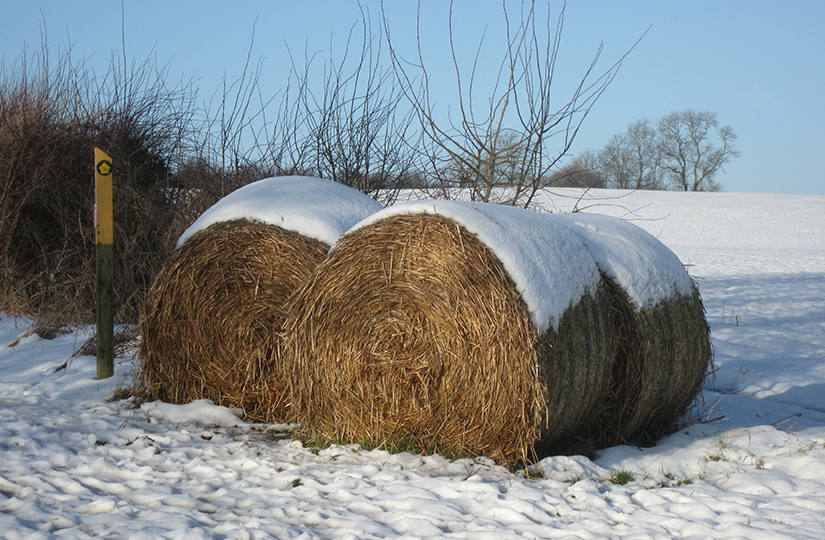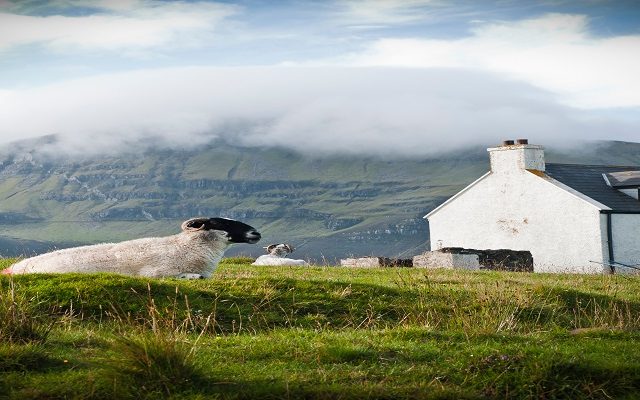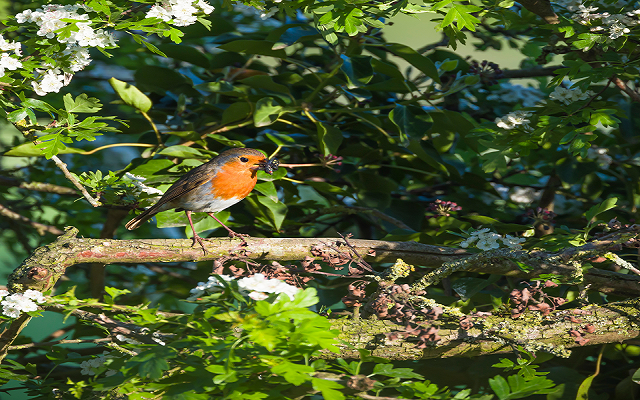Land Business Update | Week Commencing 10th January 2022
Welcome to our update on key land management, farming, planning and energy issues.
FARMING
Farming Transformation Fund – 40% grant for ‘Improving Farm Productivity’ in England opening in mid-January
This is the part of the new Farming Investment Fund: the Farming Transformation Fund provides grants for larger investments. The minimum grant is £35,000, which at a 40% grant rate means that the smallest investment that a claimant can make is £87,500. The maximum grant is £500,000 per applicant (so a £1.25m investment). There are three themes under the Farming Transformation Fund, and the Improving Farm Productivity one is expected to open in mid- to late-January for eight weeks. Defra has been impressively efficient and published a manual on this theme in mid-December. We recommend that anyone considering applying uses the manual to assess eligibility and plan an application now. Our farming team has experience in applying for the predecessor grant so please contact your local team if you think they could assist.
Farmer Time – sign up to connect with schools across the UK
Farmer Time is actively looking for more farmers to help children’s understanding of food production and increase their engagement with the British countryside. Farmers are twinned with schools and through fortnightly video calls, they can inspire and educate children across the country. If you are interested in becoming a Farmer Time farmer, you can find more information here. We are proud to be a sponsor of Farmer Time.
Calling all farmers – take 15 minutes to contribute to research on supporting wild pollinators in farmed landscapes
The loss of flower-rich habitats has been linked to the decline of wild pollinators. Unlike honeybees, insect pollinators do not store food, but instead need a constant supply of flowers to provide pollen and nectar throughout their activity period. To understand the value of different flowers, researchers are hoping to draw from the wealth of knowledge that farmers hold. They are asking farmers what flowers they commonly see pollinators foraging on. They also want to hear more about the types of flowers you are most like to see on farmland. To take part in the survey, click here. It should take about 15 mins to complete and the deadline is 15th February. This is part of a project across the world that includes Dr Lorna Cole at the Scottish Rural College. An excellent one-page practical guide to their early findings is available here.
UK – Australia Free Trade Agreement signed
The government signed this trade agreement on 17th December. It is expected to come into effect in 2022 and will eliminate tariffs on all agricultural goods traded between the two countries within ten years. It also aims to increase the mobility of skilled agriculture workers between Australia and the UK and enhance technical collaboration. Australia sees it as giving enhanced market access for its beef, sheep, sugar, dairy, grains and horticulture exports. The Financial Times has reported the deal as ‘giving Australian negotiators pretty much all the agricultural market access they asked for’.
Climate positive farm shows that it is possible to farm profitably without harming the environment
The Cholderton Estate, which is a 1,000 ha organic dairy, beef, lamb and arable farm on chalk soils in Wiltshire, has achieved climate-positive status. It captures more greenhouse gases than it emits and has recorded a massive range of rare and common plant and animal species. The Estate was selected as one of only six finalists from across the UK and US for the Climate Challenge Cup, which was a competition run at COP26 to highlight those leading the fight against climate change. The Estate’s natural capital balance sheet, which shows its financial and environmental impacts and benefits over 60 years, shows that the value of production on the Estate is £18.5m, including £5.4m of food production, which is greatly outweighed by the public benefits that it generates, which are valued at £125m. They also greatly exceed the £6m of losses / costs of ammonia emissions from livestock. The Estate used eftec, our natural capital accounting partner, to produce its account.
ENVIRONMENT
Natural Environment Investment Readiness Fund (NEIRF) open for a second round in England
This Fund supports projects which have the potential to generate revenues from the delivery of ecosystem services and attract private investment. Grants of between £10,000 and £100,000 are available to develop investment ready schemes, which may include woodland creation, peatland restoration, and selling biodiversity units or water catchment ‘services’. The funding can be used to pay for support from professional advisors to help develop investable project proposals. The application window closes on 3rd February. Contact a member of our Land Management team if you would like to discuss the Fund.
FORESTRY
New local controls against the eight-toothed spruce bark beetle
The new measures, introduced by the Forestry Commission in December, affect the felling, killing and movement of susceptible spruce material within a demarcated area in Kent and East Sussex, following a number of outbreaks. If the beetles spread, the controls could be widened. The beetles usually attack stressed or weakened trees but, if their numbers are high, they can also attack living trees. Report any suspected trees via TreeAlert.
PROPERTY, RURAL ECONOMY AND PLANNING
8 key trends driving change in the rural sector in 2022
Rhodri Thomas, our Head of Rural, has outlined some of the major trends that he expects will affect rural businesses and land this year. They include the trends listed below and you can read Rhodri’s blog here.
- Deeper Basic Payment reductions will impact farming profits. And while there is more detail on some of the new schemes that will replace Basic Payments, including Environmental Land Management, it remains challenging for land managers to see how they could be applied.
- Higher environmental ambition and targets, some as a result of the recently passed Environment Act.
- Raised energy efficiency standards for let properties, as set out in the government’s recent Heat and Building Strategy. This will be more of a challenge for rural properties, as many are old, poorly insulated, listed or in conservation areas.
Other trends, which can also be opportunities for land managers, include the electrification of the economy, Environmental Social Governance (ESG) investing, and carbon management and trading.
No changes to Inheritance Tax likely for now
The government has responded to the Office of Tax Simplification’s reviews of Inheritance Tax and Capital Gains Tax. It has decided not to make any changes to Inheritance Tax which might have seen the beneficial reliefs on business and agricultural property changed. However, there will be a number of changes to Capital Gains Tax, many of which make reporting and payment of the tax easier. Saffery Champness said that the changes ‘seem proportionate’ and that, although some will feel this is an opportunity missed to reform these capital taxes, many asset owners will be relieved.
McDonald’s opens UK’s ‘first’ net zero-carbon restaurant in the West Midlands
The restaurant, which the firm says it wants to use as an exemplar, is the first in the UK due to be verified as net zero emissions for construction, using the UK Green Building Council’s net zero-carbon buildings framework. The detail is fascinating and food for thought in relation to any building work:
- It is insulated with British sheep wool.
- It is powered by renewable energy from wind turbines and solar panels.
- The cladding is made from recycled computer equipment and white household goods.
- The wall signs are made from used coffee beans.
- Each kerbstone has been created from 182 recycled plastic bottles.
- The drive-through lane has been constructed from recycled tyres.
- It has a wildlife garden and nature trail.
- Rainwater collected from the car park is reused.
The firm has set a target of net zero emissions for all of its 1,400 restaurants and offices by 2030. Critics have said that the firm has excluded the emissions associated with the ingredients used at the restaurant, including from beef.






